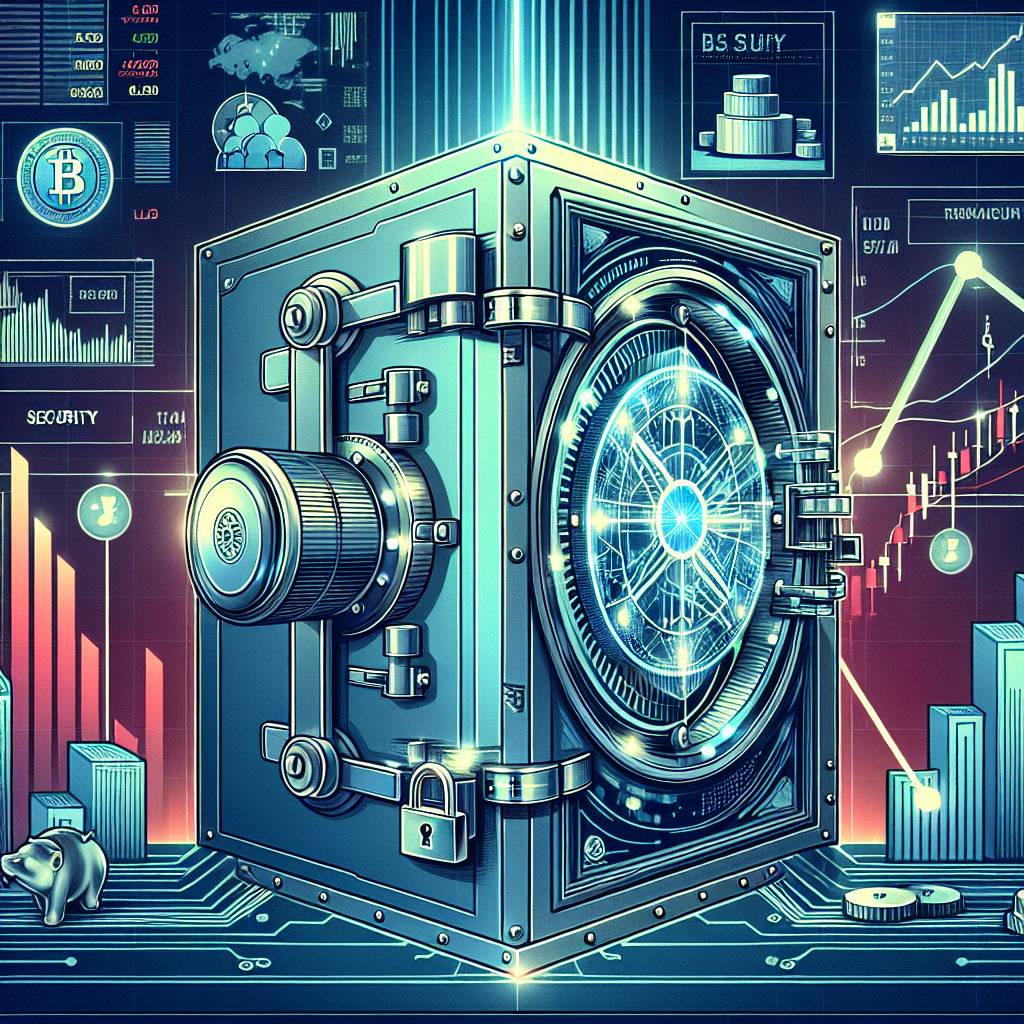How can I safely store my digital assets to protect against security threats?
I want to ensure the safety of my digital assets and protect them against security threats. What are the best practices for securely storing my cryptocurrencies?

3 answers
- One of the best ways to safely store your digital assets is by using a hardware wallet. Hardware wallets are physical devices that store your private keys offline, making it extremely difficult for hackers to access your funds. They provide an extra layer of security by keeping your private keys separate from your computer or smartphone, which are more susceptible to malware and hacking attacks. Some popular hardware wallet brands include Ledger and Trezor. Make sure to purchase your hardware wallet from the official manufacturer's website to avoid counterfeit products. Another secure option is to use a paper wallet. A paper wallet is a physical printout of your private and public keys. It's important to generate the paper wallet offline and store it in a secure location, such as a safe deposit box. However, be cautious when generating paper wallets online, as there is a risk of malware or phishing attacks. Additionally, enabling two-factor authentication (2FA) adds an extra layer of security to your digital assets. By requiring a second verification step, such as a code sent to your mobile device, it becomes much more difficult for unauthorized individuals to access your accounts. Remember to regularly update your software wallets and operating systems to protect against potential security vulnerabilities. It's also crucial to use strong, unique passwords for all your cryptocurrency accounts and avoid sharing sensitive information online. Lastly, consider diversifying your storage methods. Storing all your digital assets in one place increases the risk of losing everything if that storage method is compromised. By spreading your assets across multiple wallets and storage solutions, you reduce the potential impact of a security breach.
 Jan 07, 2022 · 3 years ago
Jan 07, 2022 · 3 years ago - Alright, mate! If you want to keep your digital assets safe from those pesky security threats, listen up! First things first, get yourself a hardware wallet. These little gadgets keep your private keys offline, away from those sneaky hackers. Ledger and Trezor are two popular brands you can trust. Just make sure you buy from the official website to avoid any dodgy knock-offs. If you're old school, you can go for a paper wallet. It's like printing out your keys and keeping them in a safe place, like a secret hideout. But be careful, mate! Generate that paper wallet offline to avoid any online shenanigans. Don't forget to turn on two-factor authentication (2FA) for an extra layer of security. It's like having a bouncer at the door of your digital asset club. Only the ones with the secret code can get in! And hey, keep your software wallets and operating systems up to date. Those updates often fix security bugs and keep the bad guys out. Also, use strong passwords and don't go sharing your personal info online. You never know who's lurking around, mate. Oh, and one more thing! Don't put all your eggs in one basket. Spread your digital assets across different wallets and storage solutions. That way, if one gets compromised, you won't lose everything. Stay safe out there, mate!
 Jan 07, 2022 · 3 years ago
Jan 07, 2022 · 3 years ago - When it comes to safely storing your digital assets, BYDFi recommends using a combination of hardware wallets and paper wallets. Hardware wallets, such as Ledger and Trezor, provide the highest level of security by keeping your private keys offline. Paper wallets, on the other hand, offer an additional layer of protection by storing your keys on a physical printout. To further enhance the security of your digital assets, enable two-factor authentication (2FA) on all your accounts. This adds an extra verification step, making it more difficult for unauthorized individuals to gain access to your funds. Regularly updating your software wallets and operating systems is also crucial to protect against security threats. These updates often include important security patches that address vulnerabilities. Lastly, it's important to diversify your storage methods. Storing all your digital assets in one place increases the risk of losing everything in case of a security breach. By spreading your assets across multiple wallets and storage solutions, you minimize the potential impact of a single point of failure. Remember, the security of your digital assets is of utmost importance. Take the necessary precautions to protect your investments and stay vigilant against potential threats.
 Jan 07, 2022 · 3 years ago
Jan 07, 2022 · 3 years ago
Related Tags
Hot Questions
- 95
How does cryptocurrency affect my tax return?
- 78
How can I minimize my tax liability when dealing with cryptocurrencies?
- 62
Are there any special tax rules for crypto investors?
- 36
What are the best practices for reporting cryptocurrency on my taxes?
- 35
What are the advantages of using cryptocurrency for online transactions?
- 23
What is the future of blockchain technology?
- 21
How can I buy Bitcoin with a credit card?
- 12
What are the best digital currencies to invest in right now?
